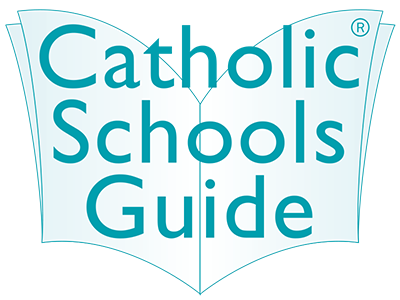News and Media

Survey Says: How to Use Surveys for Maximum Impact
Article Source: https://metricmarketing.ca/perspectives/how-to-use-surveys-for-maximum-impact/
We get a lot of questions from private and independent schools about surveys and market research. Everyone wants the best data to help guide their decision making… but no one wants to over-survey their parent community, and many aren’t clear on the highest ROI market research opportunities. Here are a few tips to maximize the impact of your audience surveys and improve completion rates.
Before we dive into anything else, let’s pause and talk about WHY you’re planning a survey. Every successful market research project starts by knowing exactly what information you want to collect – and why. Always ask yourself, “why does this matter?” and “what will we (really) do with this information?” Going into every survey project with an answer to these questions helps ensure better response rates and better data – which ultimately means better decision-making for your team.
What makes a great survey? We’re so glad you asked. Surveys are most effective when they are:
- Well timed.
Survey people when the event or idea is fresh or top of mind for them.
When is a good time to survey parents?
- After major school events. Gauge satisfaction after parent-teacher conferences, open houses, fundraising initiatives or school plays… but only if the feedback is about an item within the school’s control and will help improve future events.
- Before making major changes. If you’re planning significant changes to your school’s curriculum, policies or facilities, it’s a good idea to survey parents beforehand to understand their concerns and opinions. This can help you make informed decisions that are in line with your parent community’s expectations.
- After the school year. A survey at the end of the school year can provide valuable feedback on the overall experience for parents and students. You can ask about what they liked, what could be improved, and what they’re looking forward to in the upcoming year.
On the flip side, avoid surveying parents during busy or stressful times such as exam season, holidays, or during a pandemic, as this can be an added stressor for parents and can negatively impact response rates. You’ll also want to avoid sending out a survey right after you’ve sent another survey. Be sure to check in with your colleagues to ensure your surveys are spaced out – or better yet, combined.
- Well executed.
Keep it as simple as possible, and write and position the questions from an unbiased perspective.
Here are a few best practices to keep in mind:
- Focus your questions. Keeping a theme – or at least a logical pathway through a few related topics – will help ensure your audience is thinking about your questions critically.
- Know who you are targeting and make sure each question is relevant to them. If a question isn’t well suited to your audience, consider re-phrasing it, saving it for a future survey or segmenting your survey and sending different versions to different audiences.
- Use a mix of question types (open-ended, closed-ended, rating scales) to gather a diverse data set.
- Choose a professional, trustworthy, and easy to use platform. Survey Monkey is an industry leader, but a simpler survey might also work as a Google Form.

